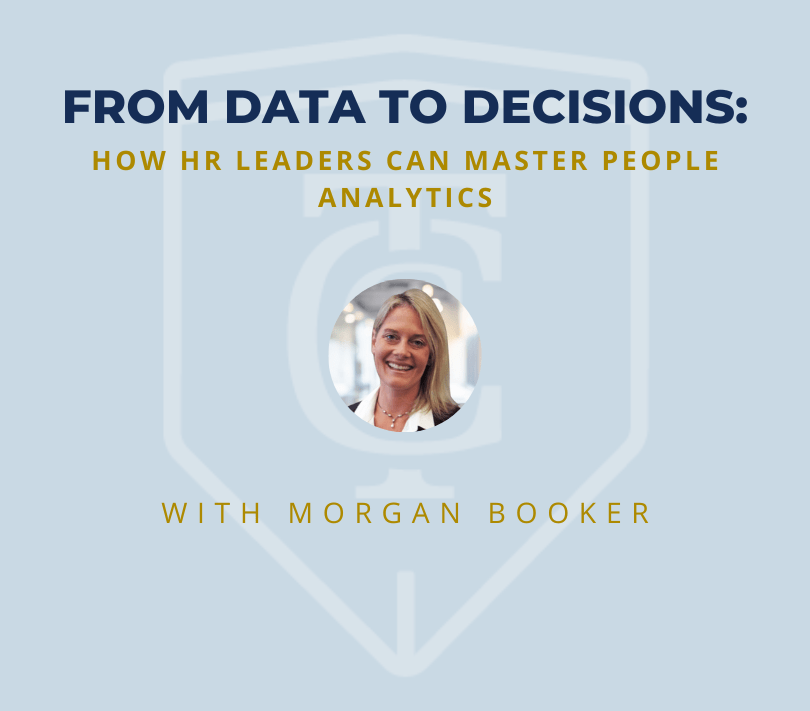
Data isn’t just a buzzword anymore—it’s the key to driving smarter, more impactful HR strategies. In 2025, HR leaders who master people analytics will lead the way in transforming workforce planning, improving employee engagement, and delivering measurable business results. But what does it take to turn data into actionable decisions?
- Understanding the Value of People Analytics: People analytics enables HR leaders to uncover insights about workforce trends, predict challenges, and make data-driven decisions. From identifying high-risk turnover populations to tracking diversity and inclusion progress, HR leaders can now link people data directly to organizational outcomes. The ability to connect workforce metrics to business performance elevates HR’s strategic impact in the C-suite.
- Building the Right Tech Stack: To leverage people analytics effectively, HR leaders need the right tools. This means investing in platforms that provide clean, actionable data, like workforce planning dashboards, real-time engagement surveys, and AI-driven recruitment tools. HR leaders must work closely with IT to ensure systems integrate seamlessly and provide the necessary insights to make strategic decisions.
- Turning Insights into Action: Collecting data is only the first step—the real power lies in interpretation. HR leaders must focus on identifying actionable insights and using them to solve challenges. For example, if engagement survey results show low satisfaction in specific departments, HR can partner with managers to address leadership gaps, workload concerns, or communication breakdowns.
- Building Analytical Skills in HR Teams: Mastering people analytics doesn’t just rest on technology; it requires HR professionals who are skilled in analyzing data and communicating results. Training HR teams in data literacy—from interpreting dashboards to presenting findings—will allow them to confidently use analytics to drive decisions.
- Aligning Metrics with Business Goals: To make a real impact, people analytics must connect directly to business priorities. Whether it’s reducing turnover, improving time-to-hire, or increasing productivity, HR leaders should focus on metrics that matter most to the organization’s success. Regularly revisiting goals and KPIs ensures that analytics efforts stay aligned with evolving business needs.
The future of HR leadership is deeply intertwined with data. Leaders who embrace people analytics will be better equipped to anticipate challenges, prove HR’s ROI, and elevate their role as strategic business partners. In a world where decisions are increasingly driven by data, HR leaders can’t afford to be left behind.
About Morgan Booker
 Morgan has over 18 years of Talent Acquisition, Employee Relations, and Human Resource Business Partner experience. She joined The Christopher Group in 2022 as a Recruiting Manager and has since been promoted to Recruiting Director. Morgan’s focus is partnering with executive Human Resources candidates across the United States to fill Human Resources executive roles. To learn more about Morgan visit her bio page.
Morgan has over 18 years of Talent Acquisition, Employee Relations, and Human Resource Business Partner experience. She joined The Christopher Group in 2022 as a Recruiting Manager and has since been promoted to Recruiting Director. Morgan’s focus is partnering with executive Human Resources candidates across the United States to fill Human Resources executive roles. To learn more about Morgan visit her bio page.

